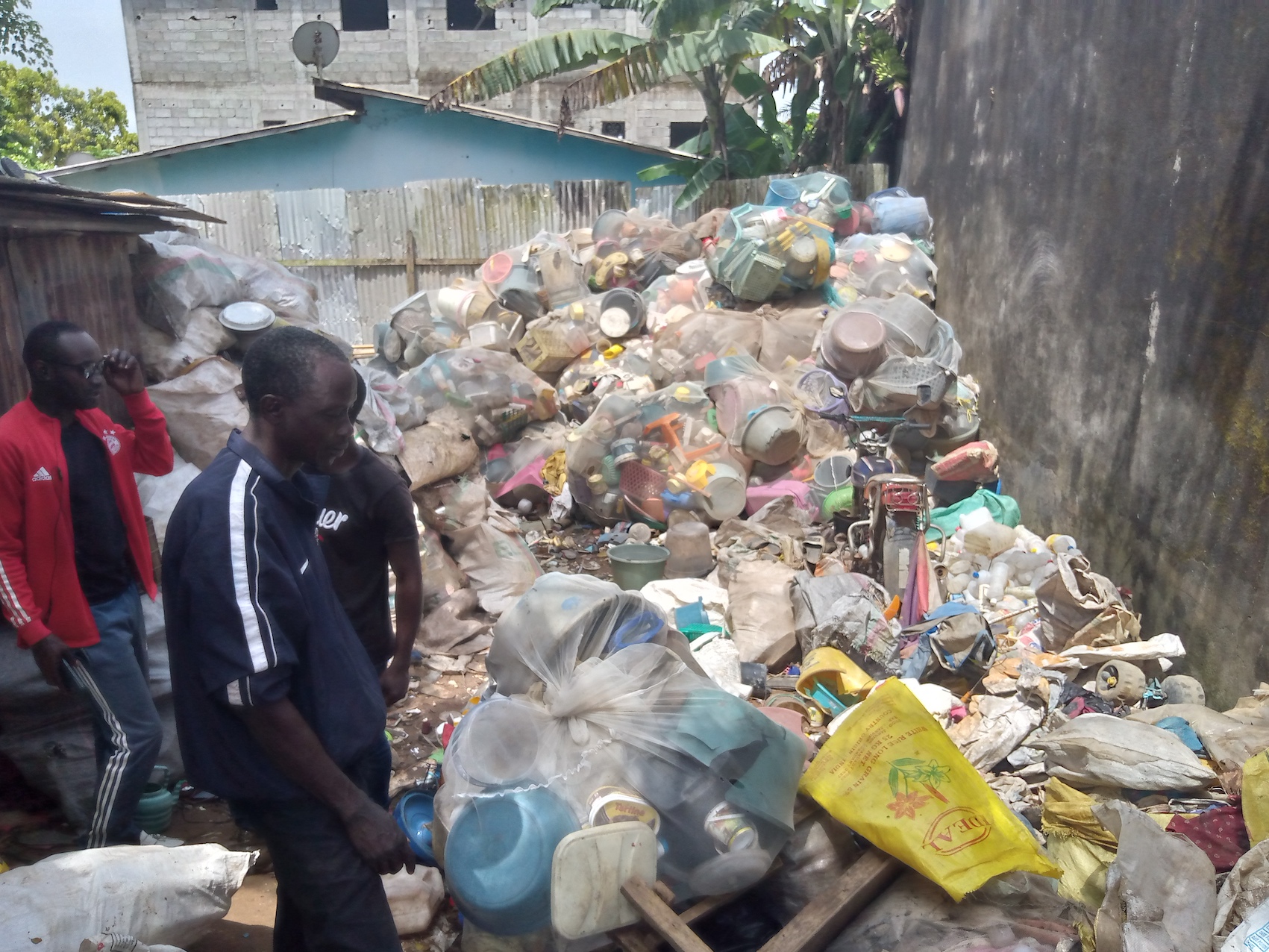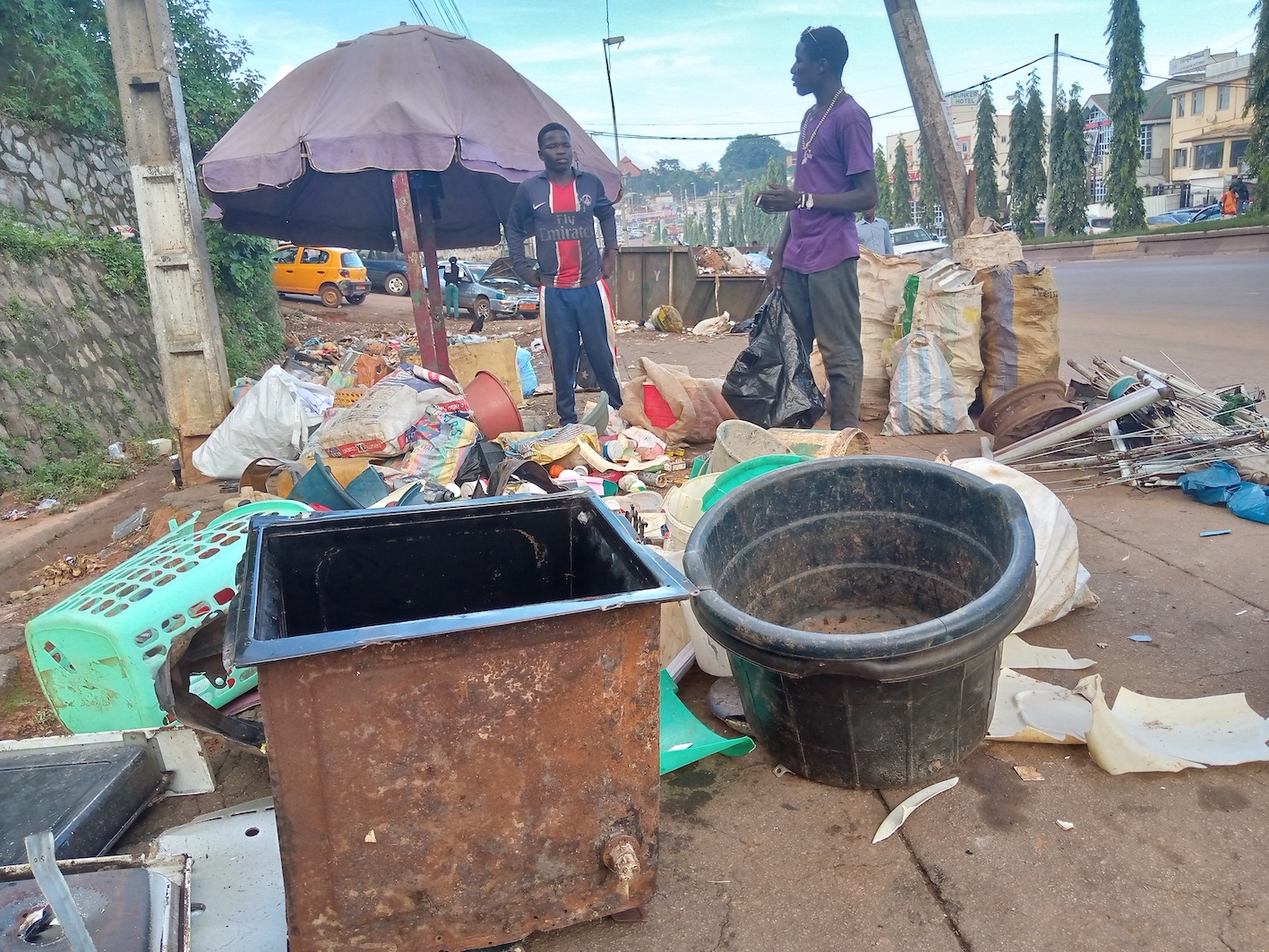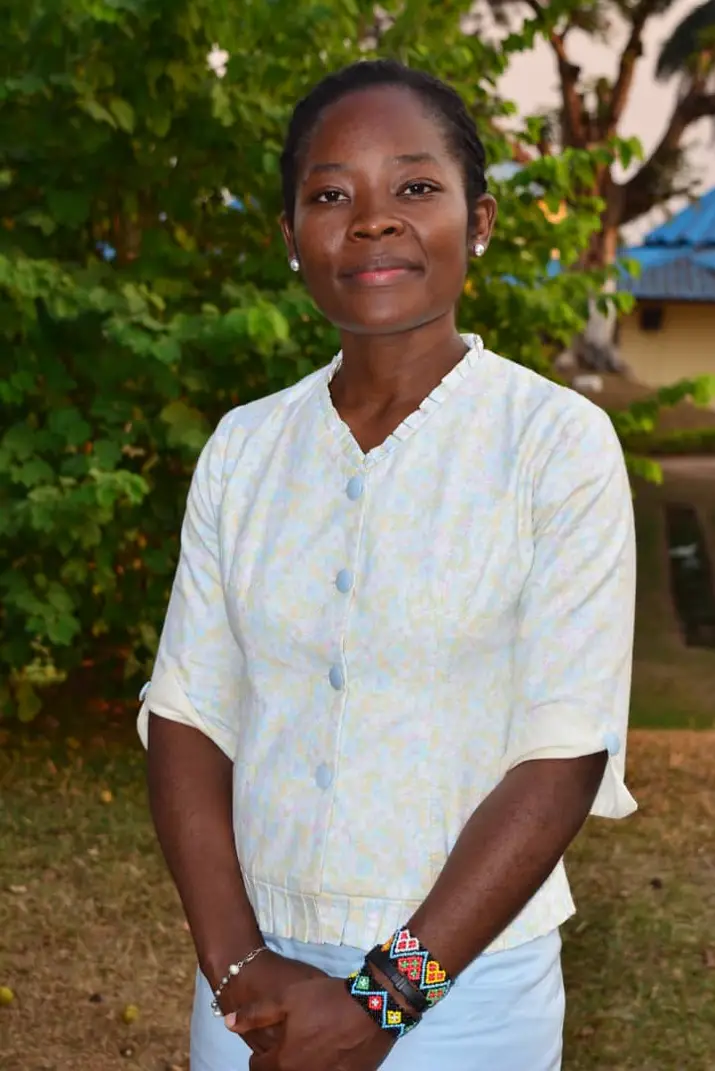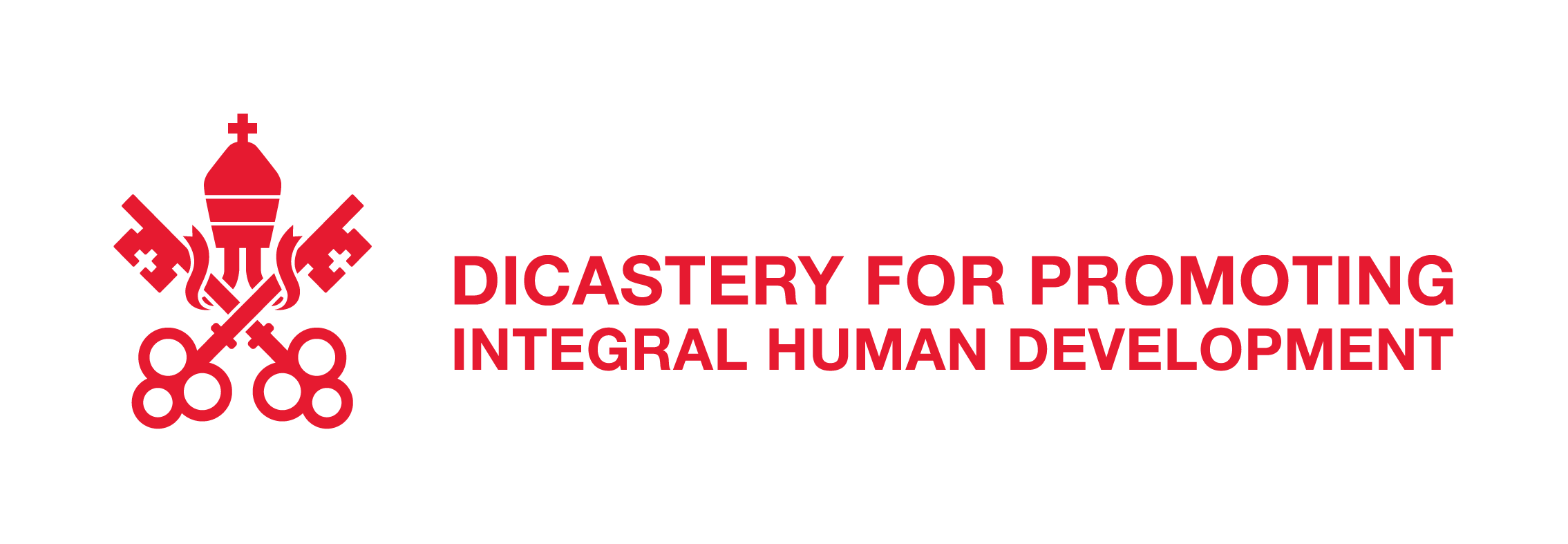Circular economy and its actors: an integral and sustainable approach of municipal solid waste management in Cameroon
Against the “use and throw away” logic, eradicating extreme poverty and hunger through circular economy
by Michèle Lameu Djeutchouang
Introduction
Unsustainable waste management is disastrous for people and environmental development globally. The growth in waste generation in Africa is expected to be so significant, that any decrease in waste generation in other regions globally will be overshadowed by Africa (Africa Waste management outlook 2018). The average Municipal waste collection services in most African countries is only 55% while the disposal rate is 9O% in uncontrolled landfills where the prevailing waste treatment is open burning.

In Sub-Saharan Africa and Cameroon particularly, this waste mismanagement is partly attributed to the fast-growing population and the change in consumption habits to a throw-away culture. However, from the composition of discarded waste in the region, an estimate of 70-80% of produced waste is resourceful or recyclable. Only about 4% of this waste is recycled, mostly by a handful often unrecognized actors mostly characterized by poverty and unemployment conditions. It follows suit that this highly polluted spaces and wasteful production and consumption habit is also a result of the prevailing linear economic model (take-use-throw model) still perpetrated in most African cities, doing no justice to the human person nor to the human environment.
In developed countries, Circular Economy (CE) has taken firm grounds in policy measures. It is an economic model which seeks to maintain resources in circulation for the longest time possible, and maintaining the quality of utility derived at each stage.
Based on three principles:
- Limit the use of natural resources in the production process or in the maintenance of the product life cycle.
- Extend the product life cycle through eco-conception.
- Increase the efficiency of the economic systems by reducing negative externalities and transforming waste into resources.
CE therefore seems to be an interesting model which provides an integrated approach to combating poverty, restoring dignity to the excluded and at the same time protecting nature.
Inspired by the Economy of Francesco principles, this research project suggests analyzing these issues from the point of view of the poorest and most vulnerable actors of waste collection and recycling. Hence we seek to do a diagnosis of the waste management practices which reveals CE processes in this region. Secondly, we seek to identify the informal actors of waste management who contribute to these circular economy principles and if possible establish a categorization of these actors. We are particularly interested in those at the grassroots of the chain whose cry is sensitive to the cry of the earth through circular economic processes. Finally, we seek to identify some issues faced by these actors and present a concrete proposal as a contribution to leverage their practices.
For our research purpose, we engage in a community based approach with actors of CE. Through a documentary research, direct observation during field work, semi structured interviews and a survey, we aim to better understand how Circular Economy is practiced in the three major cities of Cameroon.

References
Africa Waste Management outlook 2018, https://wedocs.unep.org/handle/20.500.11822/30975, last accessed 2023/06/18.
Trends in solid waste management, https://datatopics.worldbank.org/what-a-waste/trends_in_solid_waste_management.html, last accessed 2023/09/21.
Kaza, S., Yao, L., Bhada-Tata, P., & Van Woerden, F.: What a waste 2.0: a global snapshot of solid waste management to 2050. World Bank Publications. (2018)
Sotamenou, J., & Kamgnia, D. B.: La décentralisation pour une gestion efficace des déchets sol‐ides municipaux de la ville de Yaoundé. Faculté des sciences économiques et de gestion Université de Yaoundé II Soa. 1-9 (2009).
Ngnikam, E., Vermande, P., Tanawa, M., & Wethe, J.: Une démarche intégrée pour la maîtrise de la gestion des déchets solides urbains au Cameroun. Environnement, Ingénierie & Développement. 22-34 (1997).
Parrot, L., Sotamenou, J., & Dia, B. K.: Municipal solid waste management in Africa: Strategies and livelihoods in Yaoundé, Cameroon. Waste management, 29(2), 986-995 (2009).
Kassim, S. M., & Ali, M.:Solid waste collection by the private sector: Households’ perspective—Findings from a study in Dar es Salaam city, Tanzania. Habitat international, 30(4), 769-780 (2006).
Ngambi, J. R.: Déchets solides ménagers de la ville de Yaoundé (Cameroun): de la gestion linéaire vers une économie circulaire. Doctoral dissertation, Université du Maine, 1-492 (2015).
Buch, R., Marseille, A., Williams, M., Aggarwal, R., & Sharma, A.: From waste pickers to producers: an inclusive circular economy solution through development of cooperatives in waste management. Sustainability, 13(16), 8925 (2021).
Chalot, F. : De l’amont vers l’aval: l’émergence d’une filière de gestion des déchets adaptée aux villes africaines. Synthèse et analyse des actions relatives aux déchets in « Gestion durable des déchets et de l’assainissement urbain», Ministère des Affaires Etrangères, Paris, France (2004).
Collard, F. (2020). L’économie circulaire. Courrier hebdomadaire du CRISP, (10), 5-72.
Bolaane, B.: Constraints to promoting people centred approaches in recycling. Habitat International, 30(4), 731-740 (2006).
Informal approaches towards a circular economy- – learning from the plastics recycling sector in India: http://docs.wbcsd.org/2016/11/wbcsd_informalapproaches.pdf, 1-23
Encyclical Letter Laudato Si’ Of the Holy Father Francis On Care For Our Common Home: https://www.vatican.va/content/francesco/fr/encyclicals/documents/papafrancesco_20150524_enciclica-laudato-si.html
Korsunova, A., Halme, M., Kourula, A., Levänen, J., & Lima-Toivanen, M.: Necessity-driven circular economy in low-income contexts: How informal sector practices retain value for circularity. Global Environmental Change, 76, 102573 (2022).
Valencia, M., Solíz, M. F., & Yépez, M.: Waste picking as social provisioning: the case for a fair transition to a circular economy. Journal of Cleaner Production, 398, 136646 (2023).
WACA Plastics eBook www.wacaprogram.org, Realizing the Circular Economy Potential for Plastic https://www.wacaprogram.org/sites/waca/files/knowdoc/3.%20Cameroon.pdf last accessed 2023/06/18.
United Nations Environmental Program: https://leap.unep.org/knowledge/glossary/recycling
National Strategy for waste management (2007) in Cameroon.
Michèle Lameu Djeutchouang
Economy of Francesco Academy Research Fellow 2023/2024
Religious of the Institut Id of Christ the Redeemer, Idente Missionaries
Masters in Environmental Management and sustainable development from the International Relations Institute of Cameroon
















